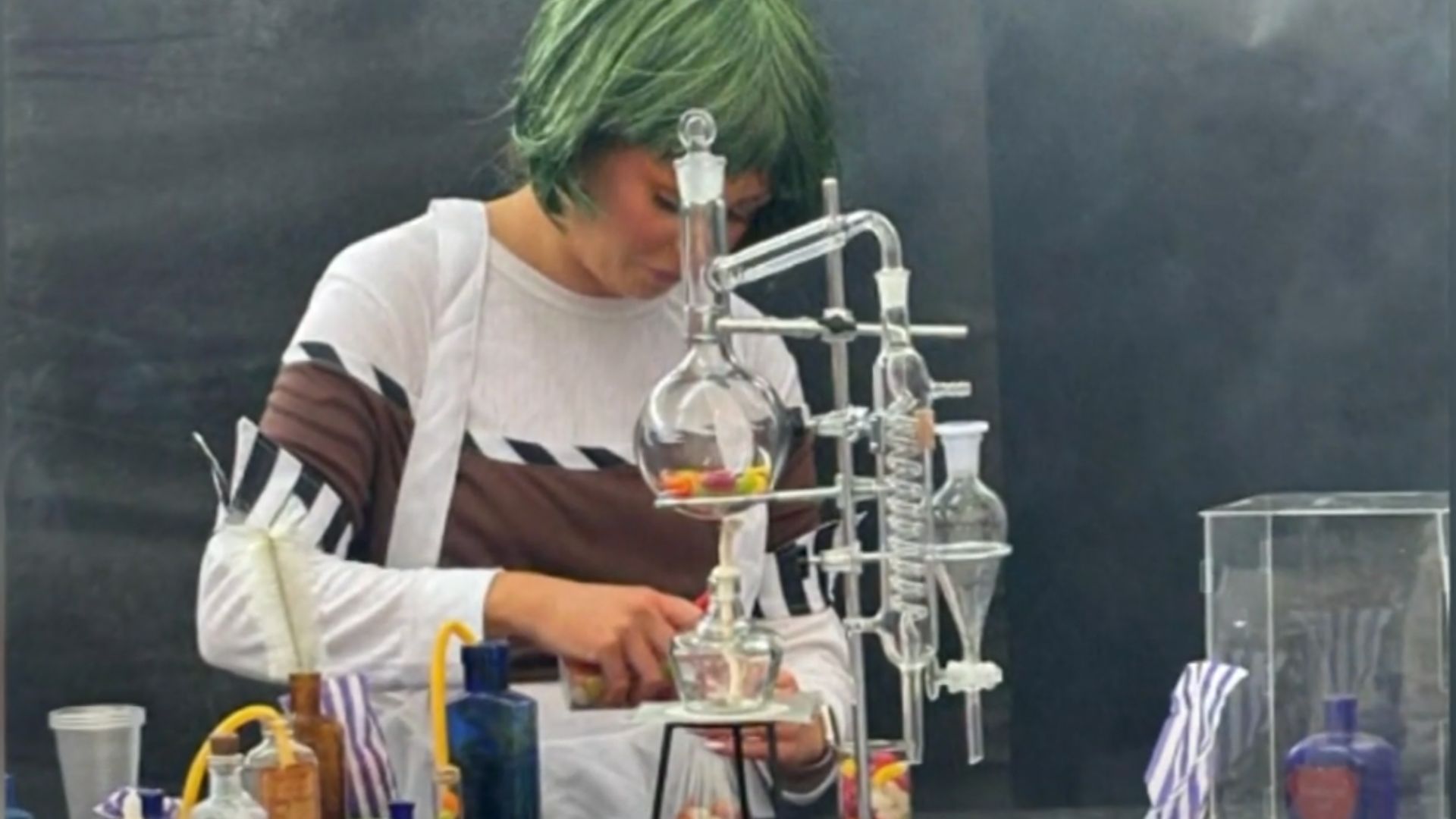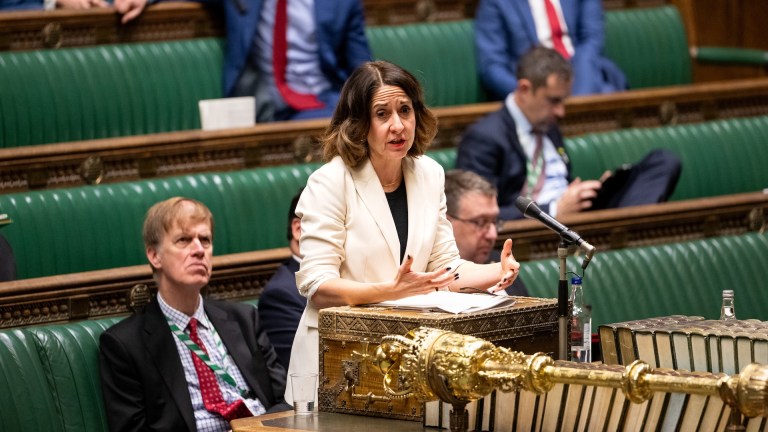AI-generated art won’t necessarily be better than what humans can create. But it will be cheaper, says Jack Stilgoe, a professor of technology at University College London (UCL) – which will mean less work for human artists.
“AI will be used as an excuse by rubbish organisations and rubbish managers, to either fire people, or to dramatically cut costs and quality,” he said. “At the moment, it’s not robots putting people out of work. It’s people wanting to make a quick buck.”
Stilgoe cites supermarket self-checkouts as an example of this trend; a human might do the job better, but “hucksters” sacrifice quality for the cheaper option. That is, he says, is what “appears to have happened” in the case of the ‘Willy Wonka experience’.
The AI-generated script was nonsense, explained Paul Connell, the actor hired to play the Willy Wonka-adjacent ‘Willy McDuff.’
“The script was 15 pages of AI-generated gibberish of me just monologuing these mad thing,” he told TikTok viewers.
“The bit that got me was where I had to say, ‘There is a man we don’t know his name. We know him as The Unknown. This Unknown is an evil chocolate maker who lives in the walls.”
Advertising helps fund Big Issue’s mission to end poverty
Unfortunately, the increasing prevalence of AI could lead to a “pollution” of bad content, Stilgoe warns, unless we “think about rules governing how it is used.”
“One worry with AI is – will we care about the amount of effluent content that gets introduced into our culture? And how will we separate the good from the bad? It would be really sad if people’s expectations were lowered.”
Professor Andrew Rogoyski, of the Surrey Institute for People-Centred Artificial Intelligence, expressed similar concerns, describing the Wonka event as a human, rather than AI, failure.
“The event reveals the limitations of lazy human beings. AI used creatively and carefully is a very powerful tool that will help people in their creative process,” he said.
“But that’s the learning point here. If you’re going to use AI, use it properly. You really need to think about how you’re using it.”
AI is already increasingly widespread in the creative industries. We can’t “put the genie back into the bottle,” says Rogoyski – and workers in the creative industries could be undercut.
Advertising helps fund Big Issue’s mission to end poverty
“It will increasingly be the norm, it will be increasingly disruptive, particularly for freelancers and small businesses,” he added. “The key problem is that those people may not be able to make a living, so they won’t go into that industry in the first place. And then you end up with a sort of human talent spiral, where fewer and fewer people bother to do something because it can be done by machine cheaply.”
Analysts at influential consulting firm McKinsey & Company have predicted the technology could displace an estimated 400 million workers worldwide, 15% of the total workforce, by 2030.
Nonetheless, AI presents opportunities for creatives, Rogoyski said.
“People and the companies who adapt, adopt and learn how to use these tools properly will thrive. And I think human creativity will win out, and people will continue to do fantastic, amazing things… but the use of AI must be centred around people, not profit.
In the ‘Willy Wonka experience’ script, the villainous chocolate maker is called The Unknown, and he ‘lives in the walls.’ AI is often depicted in the same way – chillingly omnipresent, but with mysterious, hard to quantify effects. Only time will tell what it means for the creative arts.










